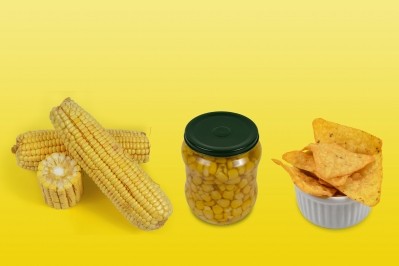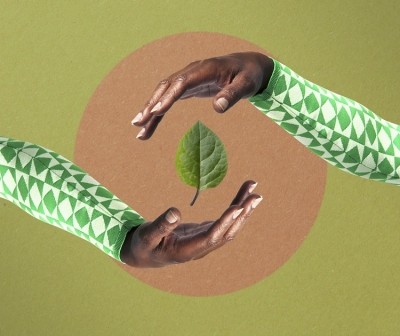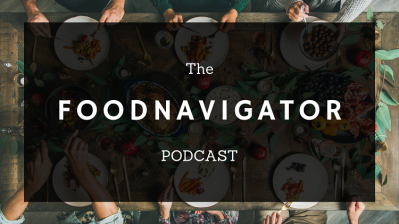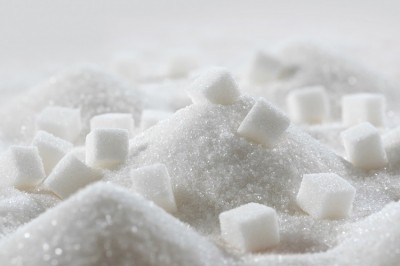Ex-UK food tsar pleads for industry ingenuity to fix ‘malfunctioning’ system
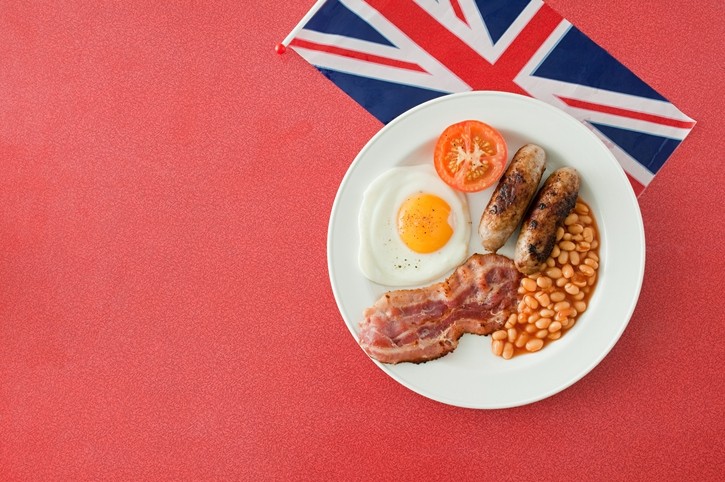
The way we produce food is putting at risk the way we produce food. This is the catchy but bleak conclusion of Henry Dimbleby's Ravenous, a book written by the Leon co-founder after stepping down from the Department for Environment Food and Rural Affairs. Here, he authored the National Food Strategy, which the government swiftly ignored.
Ravenous is a rally cry for change. Dimbleby, who says he stepped down from the government department in order to speak more openly, is on a mission to get the UK food system back on track.
Addressing challenger brands at the Bread and Jam Future Summit in London, he lamented that unhealthy and unsustainable food has swamped the system.
"Agriculture is by far the biggest cause of biodiversity loss, deforestation, of water pollution and water scarcity, the collapse of aquatic life,” he said. After energy it’s “the second biggest cause of climate change, creating about 20-30% of greenhouse gasses annually”.
Junk foods and ultra-processed foods, meanwhile, are rapidly damaging the nation’s health. By some margin unhealthy diets are the biggest cause of non-communicable disease, he claimed, a fact that is putting untold pressure on the NHS.
"The bad stuff has completely overwhelmed the food system,” he complained. The UK confectionary market is worth £3.9 billion, towering fruit and vegetable sales of £2.2 billion a year, he noted. A cynic might suggest this is because people like eating chocolate, and not, while we know full well that we should, fruit and vegetables. But Dimbleby put the blame fair and square on the industry and the government.
“The food industry has spent more and more money creating, marketing, and selling this food to us,” he said. “We've eaten more; they've sold more; and we've become sick. If you look at the portfolios of the top seven processed food companies, 85% of the products they sell are deemed too unhealthy under WHO criteria to market to children.”
The National Food Strategy set out ways to redress the balance, including targets to increase fruit and veg consumption 30%, fibre 50%, cut junk food by 25% and reduce meat consumption 30%.
Policy suggestions included restrictions on junk food advertising and a salt and reformulation tax. The revenues from this would be used to help get fresh fruit and vegetables to low-income families.
Some HFSS restrictions aside, we don’t know if any of this will see the light of day. Dimbleby certainly isn’t banking on it. His book states: “The so-called ‘Government Food Strategy’ that was unveiled in June 2022, in response to my review, is not a strategy at all. It is merely a handful of disparate policy ideas, many of them chosen because they are unlikely to raise much of a media storm.”
Reasons to be cheerful
If the planet's average temperature hits 2.5°C above pre-industrial levels by the end of the century, half of the Mekong delta, the world's biggest rice exporter, would be underwater. The scenario would compare to “starvation, mass migration and war”, Dimbleby told the London audience.
“People say my book is quite gloomy,” he deadpanned. But he sees some hope. For example, we often hear that solutions are desperately needed to feed a rapidly growing global population estimated to hit 10 billion in 2050.
But we've been here before. Scientists had similar fears we were running out of road back in the 1945 at the end of the Second World War when a global population of around 2.5 billon was projected to rise to 8-10 billion over the next 50 years.
Step in American agronomist Norman Borlaug whose wheat innovations led to the extensive increases in agricultural production termed the Green Revolution. Cutting a long story very short, we now feed 8 billion people about twice the number of calories that we fed to 2.5 billion back in 1945 on the roughly the same area of land.
Yes, in averting disaster back then, we created much of the problems we have today. But that shouldn’t detract from what Dimbleby called a ‘story of extraordinary human ingenuity’. “I take quite a lot of hope from Borlaug in that we know we've had problems in the food system before, but we know we can resolve them,” he said.
But solutions are, according to his book, “disappointingly complicated”. For example, growing plants, Dimbleby writes, “produces around 12 times more calories per hectare than rearing meat. Yet 85% of UK farmland is used for feeding and rearing livestock.” He says if “everyone in the UK reduced their intake of meat and dairy by one-third, that would free up around 20% of our farmland”.
Alternative proteins are a remedy therefore, but they won’t make us any healthier. “The environmental benefits of making this switch are so important,” he writes in Ravenous, that this “trade-off is worthwhile”. Other opinions will likely differ.
‘We now have better restaurants than France’
The National Food Strategy also called for a long-term shift in the UK’s food culture. Again, this is something Dimbleby believes is achievable. “We now have better restaurants than France,” he confidently told the crowd, which will likely raise a few eyebrows across the English Channel. But over the past 20 years "we've had a huge renaissance in our food culture”, he said, and the UK is no longer the butt of every joke about bad food.
If that can happen, then surely anything is possible.

